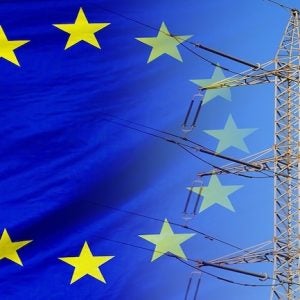A consortium of European energy and technology companies says that the use of variable speed technology in pumped storage hydropower plants would help to cost-effectively integrate renewable energy into the European grid.
The eStorage consortium has announced plans to upgrade a pumped storage hydropower plant in France to variable speed operation and has been awarded a €13.3 million grant by the European Commission to demonstrate the benefits of the technology.
eStorage includes Alstom as the consortium leader as well as Elia, EDF, Imperial College, DNV Kema and management consultancy Algoé. It says that upgrading Europe’s pumped storage capacity to variable speed operation would provide up to 10 GW of additional regulation capability with no environmental impact and at a much lower cost than developing new plants.
The group of companies will show that the conversion of EDF’s Le Cheylas pumped storage hydro plant to variable speed operation will provide 70 MW of additional night time regulation capacity and allow the integration of several hundred MW of intermittent renewable generation.
Pumped storage hydropower plants play an important part in Europe’s electricity system as the most flexible and widespread means of mass energy storage. They also play an important part in power regulation, but as fixed-speed power plants they can only provide power regulation in generation mode.
Variable speed pumped storage plants can provide regulation in generation and pump mode, and conversion of Europe’s fleet would help it to play an even greater role in system balancing as greater quantities of renewable energy capacity are commissioned.
eStorage is also planning to evaluate the system-level benefits of variable speed plants and identify barriers to the deployment of the technology.






